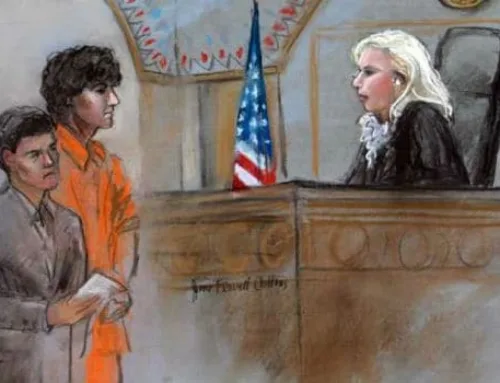Embezzlement is a certain type of theft that can be charged under both federal law and the laws of Washington State. The offense is also generally considered a type of white-collar crime. The most important thing that people should know about embezzlement is that it is a serious offense and convictions for this crime can drastically alter a person’s life forever. If you or a loved one is facing embezzlement charges or are under investigation for allegedly embezzling funds from an employer, do the smart thing and contact a skilled criminal defense attorney now.
What is Embezzlement Under Washington Law?
Embezzlement is just a fancy word that describes a certain type of theft. The crime is committed when an individual, in a position of trust or responsibility over another person’s property or money, fraudulently takes that property or money for himself. Consider, as an example, an accountant that works for a company. Due to the employer/employee relationship between the accountant and the company, the accountant is responsible for the company’s money. If the accountant starts skimming money from the company’s accounts and deposits this money into his own personal account, then he’s illegally embezzling money.
In order to successfully convict an accused of the crime of embezzlement, the prosecutor must prove the same elements that must be proved for any theft charge. In the context of embezzlement, these elements are:
- The defendant wrongfully obtained or exerted unauthorized control over property of another; or
- The defendant by color or aid of deception obtained control over property of another; and
- The defendant intended to deprive the other person of the property.
What are the Penalties for Embezzlement?
Under Washington law, the severity of the penalties for theft crimes (which include embezzlement) depends on the value of the property that was taken. There are also three degrees of theft charges. These are:
Theft in the First Degree
Under RCW 9A.56.030, a party is guilty of first-degree theft if the value of the property that was taken is greater than $5,000. Prosecutors charge theft in the first-degree as a Class B felony. The offense is punishable by:
Theft in the Second Degree
Under RCW 9A.56.040, a party is guilty of second-degree theft if the value of the property that was taken is between $750 and $5,000. Prosecutors charge theft in the second-degree as a Class C felony. The offense is punishable by:
- Imprisonment in the state prison for up to five years; and/or,
- A maximum fine of $10,000.
Theft in the Third Degree
Under RCW 9A.56.050, a party is guilty of third-degree theft if the value of the property that was taken is less than $750. Prosecutors charge theft in the third-degree as a gross misdemeanor. The offense is punishable by:
- Imprisonment in county jail for up to one year; and/or,
- A maximum fine of $5,000.
Are There Legal Defenses to Embezzlement?
Legal defenses are available to those persons facing embezzlement accusations. Recall that a prosecutor has to prove a number of elements in order to convict a defendant of this crime. If the facts of a case show that all of these elements cannot be proven, then embezzlement charges might very well get reduced or dismissed. Further, complex investigations are often used in embezzlement cases. If it can be shown that, during this investigation, evidence was gained improperly or illegally, then charges may similarly be reduced or dropped.
Know, though, that it will take a skilled criminal defense lawyer to raise an effective defense. Our attorneys are very much experienced with embezzlement charges. They know what defense is best for your case and they are tireless in their efforts to protect your freedom. Contact them today and get the legal assistance you deserve. Black Law provides a free consultation and we aim to surpass your every expectation.


